Word of the Election Year: Dummy
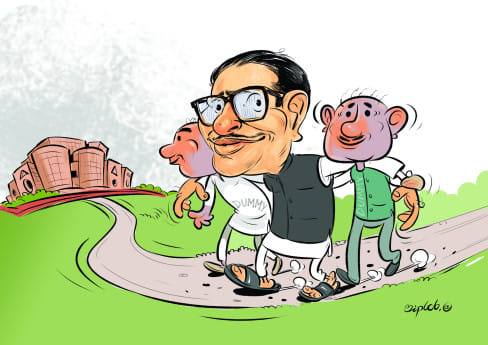
Every year, language experts around the globe team up to decide what they think should be contenders for the word of the year. The idea is to recognise words or expressions that reflect the popular mood, ethos or preoccupations of the departing year. In German, there is an interesting phrase for it: geflügeltes Wort or "word with wings." Such a word comes loaded with meanings and associations. It can be newsy, cultural, or just something that's fun to say when it comes off your tongue. Whatever the meaning, the power of such words lies in getting a broad range of people to use or talk about them obsessively.
In recent weeks, a number of global publications and media outlets came up with their words of the year for 2023. For example, the Oxford University Press, after more than 32,000 votes and expert evaluation, picked the Gen Z slang expression "rizz"—a riff on "charisma." It emerged out of internet and gaming culture, according to Oxford, and went viral in June after Hollywood actor Tom Holland, in an interview with Buzzfeed, said, "I have no rizz whatsoever. I have limited rizz." The expression has since spawned a horde of memes, beating out "Swiftie," "situationship," "prompt," "de-influencing" and other shortlisters to claim word-of-the-year honours.
Similarly, other publications picked their own words. Merriam-Webster went with "authentic," while Cambridge Dictionary chose "hallucinate," both among top lookups on their websites. While not new, these words acquired new meaning or significance because of AI and other digital influences. Meanwhile, the Associated Press (AP) and The Economist also published their collections of top words specific to different regions and subjects. For India, for instance, the former picked "Bharat," India's ancient Sanskrit name, and the latter named "vishwaguru" (or "teacher to the world"), another Sanskrit term that fans of Prime Minister Narendra Modi fondly associated with him. Both attracted heated conversations after India hosted the G20 summit last year.
What about Bangladesh? Has there been a word or expression that kept us similarly absorbed? While we are yet to see a glossary for Bangladesh, it's fair to say that the country just had an election year unlike any in the past, producing enough contenders for the word-of-the-year title. "Khela hobe," "dummy," "king's parties," "ghost cases," "DSA 2.0," and "visa sanctions" are some of the contenders. Politicians, as usual, provided a steady supply of obnoxious, potentially title-winning examples. Economically, the country saw a crippling financial crisis drag on through 2023, with terms like "capacity charges," "money laundering," "forex crisis," "dollar crunch," "loan default," and "price hike" making frequent entries into conversations. People also reacted passionately, sometimes hilariously, to various sociocultural trends and developments.
So, what will be your pick?
For me, it will be "dummy," a word that both captured the popular imagination and hugely influenced events in a tumultuous election year. I don't have the tools to measure how many people talked about it in real-life interactions, in newspaper columns, and across social media platforms. But a random search on Google Trends confirms that it was indeed on people's minds. Although a late entrant to the contest, interest in the term quickly spiked after Awami League decided to field "dummy" candidates besides party nominees in a bid to make a virtually opposition-less election look competitive. For about two months, Bangladesh was immersed in "dummy" memes, posts, cartoons and commentaries.
Perhaps no other word in recent history has seen so many variations of it used to so much effect. Before we go into details, it should be acknowledged that placing dummy candidates is not a new phenomenon. Sometimes political parties do it so that a heavyweight candidate can have an easy go of it in elections. But Awami League certainly took this to a whole new level, presenting dummies as the real deal. How much sway they held over the January 7 election can be understood from the fact that these so-called independent candidates won a staggering 62 seats, seeing off over a dozen heavyweights in the process. Together, the AL trio of candidates, independents, and dependents (Jatiya Party and co) scooped at least 293 out of the 298 parliamentary seats on offer.
In an election like this, it's natural that a potent idea like "dummy" would find resonance in more scenarios than one. For example, after calling out dummy candidates, critics went on to paint a dystopian world populated by dummy voters, dummy or "dummy-cratic" election, dummy observers, and even a dummy parliament. Scores of op-eds were written about the process of this all-encompassing dummification. Not to be outdone, one senior BNP leader even rephrased the famous "government" speech by Abraham Lincoln when he addressed Awami League's imminent formation of what he called "a government of the dummy, by the dummy, and for the dummy."
This is how words spawn offspring and become pop-culture references.
The drawing power of a word or expression these days is judged by how much or long it can get netizens to use or talk about it on social media. Here, too, "dummy" proved to be a big hit, as it attracted various memes, reels, posts and engagements by not just critics or journalists, but also ordinary users with no particular political allegiance. Like the German phrase above suggests, it seemed to have developed wings of its own to fly into the imagination of the people. Its effect would have reached Bangla Academy's dictionaries, too, if we had a culture of keeping records of sociolinguistic trends in real time. But that's for another day.
For now, let "dummy" have the recognition that it deserves as our word of the year 2023.
Badiuzzaman Bay is assistant editor at The Daily Star.




 For all latest news, follow The Daily Star's Google News channel.
For all latest news, follow The Daily Star's Google News channel. 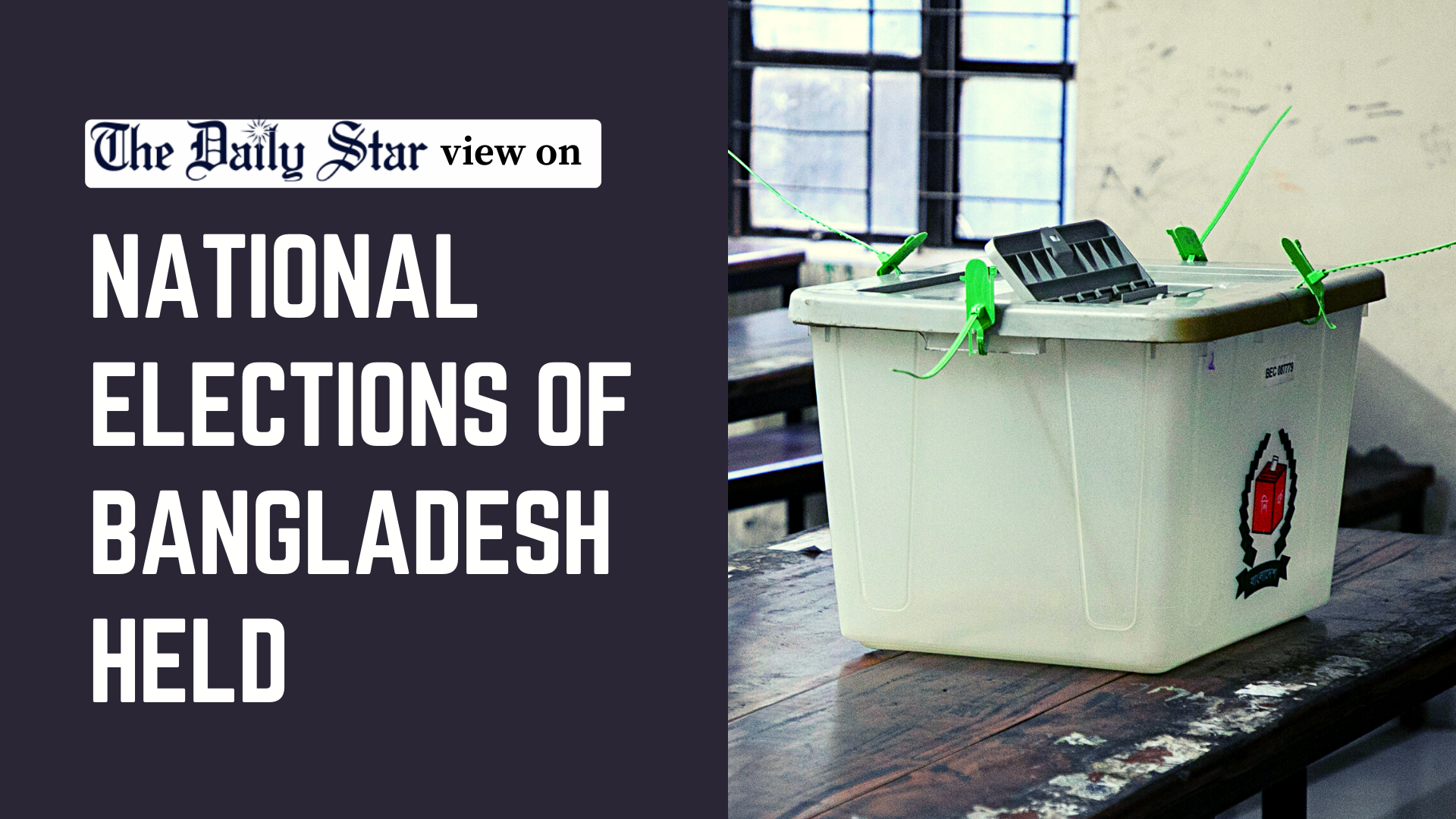
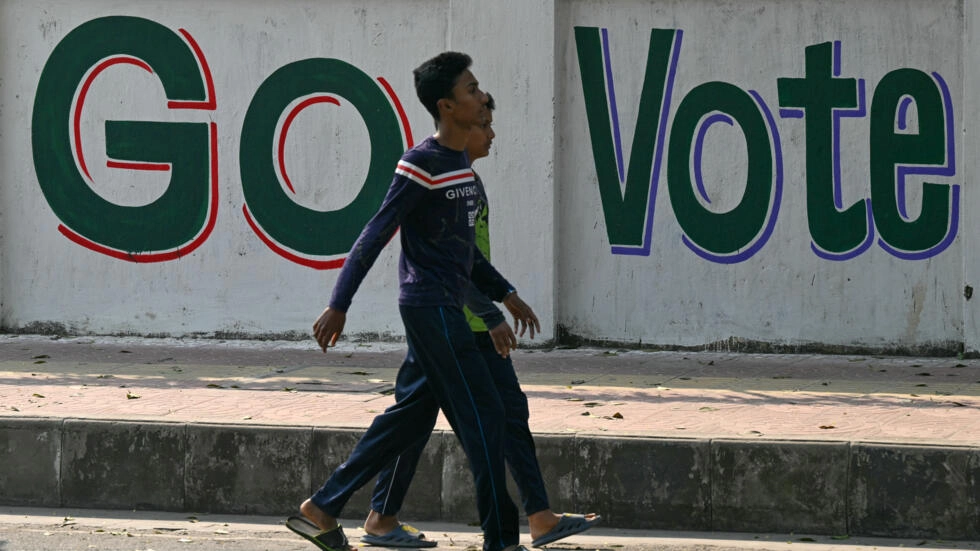
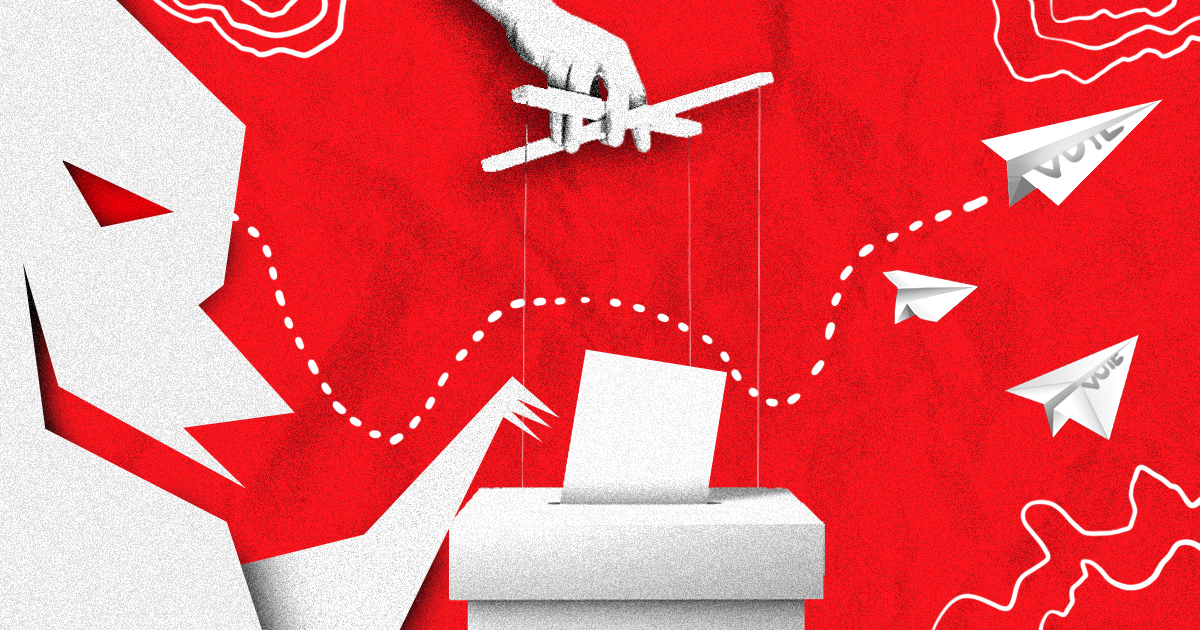
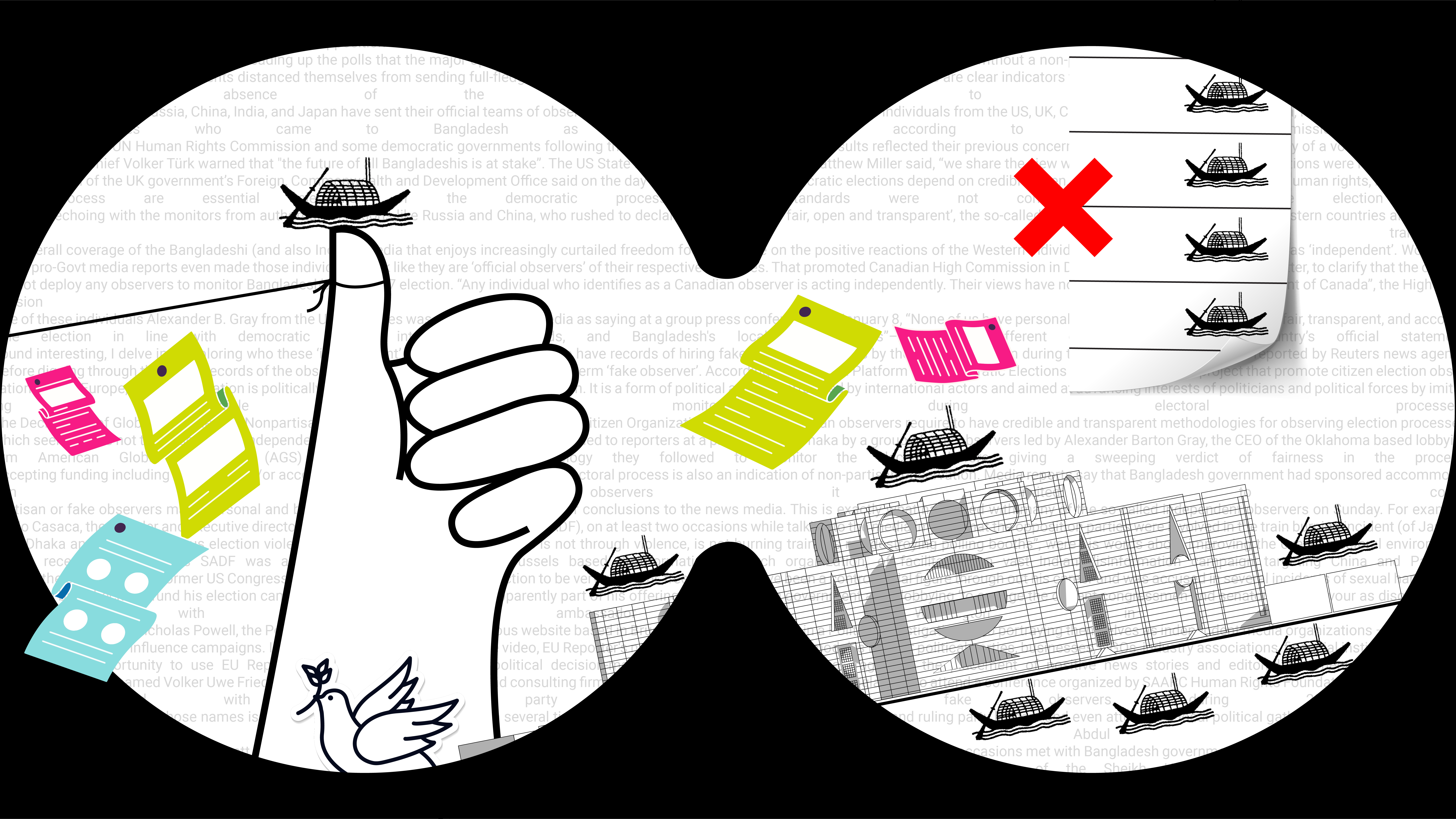

Comments